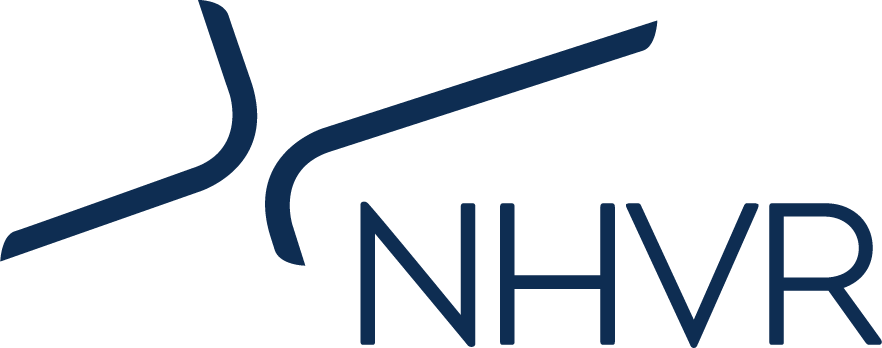Safety Management Systems (SMS)
While there is no requirement for an SMS in the HVNL, we recommend having one in place. It’s a simple way to help meet your primary duty obligations.
An SMS typically includes elements such as risk assessment, treatment and monitoring, safety training and communication, internal investigations, performance monitoring and reporting, and continuous improvement.
We have created a nine-step SMS roadmap to help you develop an SMS, whether you are starting out, making improvements, or well on the way to effective safety management.
SMS offers an effective way to manage risk. Having controls in place, such as business practices, training, procedures and review processes can help you:
- identify, assess, evaluate, and control risk
- manage compliance with speed, fatigue, mass, dimension, loading and vehicle standards through identified best practice
- undergo regular reporting, including to executive officers.
Learn more about Safety Management Systems (SMS)
Industry Codes of Practice
Registered codes of practice, such as the Master Code, bring together industry knowledge about common risks and suitable controls. We recommend referring to the Master Code, and any other registered code of practice, to help you identify risks associated with your activities and learn ways to eliminate or minimise those risks. Include that information when you develop a risk management system for your business.
An Industry Code of Practice sets out standards and procedures for parties in the chain of responsibility to identify, analyse, evaluate and mitigate risks, and meet their HVNL obligations.
Learn more about industry codes of practice
Note: Controls recommended by a code of practice are not compulsory. However, they are relevant when a court assesses whether you did everything you could to eliminate or minimise risk. Information in a code of practice about risks and controls is regarded as information that you should have known when you developed the risk controls for your transport activities.
Master Industry Code of Practice
As the name suggests, the Industry Master Code is a general code of practice for the heavy vehicle industry. Other more specific codes may be developed and registered over time.
National Heavy Vehicle Accreditation Scheme (NHVAS)
Participation in our accreditation scheme can help your business manage the risks associated with fatigue, vehicle safety and mass.
NHVAS is open to businesses that can demonstrate they have systems for complying with business rules and a set of standards for each of the three accreditation modules:
- Mass Management
- Maintenance Management
- Fatigue Management.
Participants will also have auditing requirements and may be subject to spot checks by NHVR officers.
NHVAS is a national formal process for recognising operators who comply with a set of standards for managing fatigue, mass and maintenance. By incorporating those standards into its systems and procedures, a business can achieve a higher level of safety management. A business that’s in the NHVAS scheme is also more likely to win contracts with other parties and should enjoy a better reputation. Heavy vehicle operators can apply for accreditation under NHVAS modules for:
- Mass Management
- Maintenance Management
- Fatigue Management (Basic or Advanced).

 Accessibility tools
Accessibility tools

